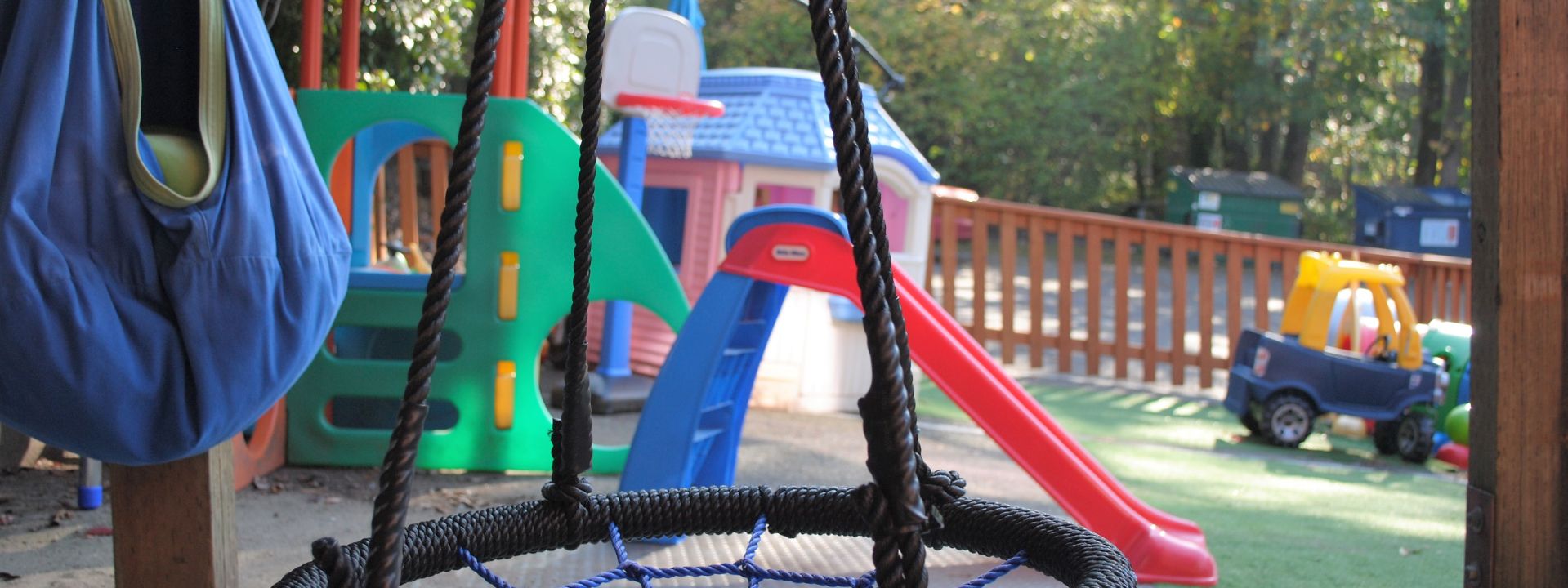
Hello, dear readers! Today, we’re diving into a topic that’s as important as your morning coffee—maybe even more so. We’re talking about diversity, equity, and inclusion (DEI) in the workplace. But don’t worry, we’re keeping things light-hearted because, let’s face it, a spoonful of humor helps the serious talk go down!
Now, when we talk about applying Applied Behavior Analysis (ABA) principles to promote DEI, we’re not suggesting turning the office into a giant Skinner box. No, we’re talking about using evidence-based behavioral interventions to foster an environment where everyone feels like they belong, can thrive, and probably won’t mind sharing their snacks.
Strategy 1: Reinforce the Positive – The High Five Approach
First off, let’s talk reinforcement. In ABA, positive reinforcement is about encouraging behavior by giving a reward. In the DEI context, this could mean recognizing and rewarding behaviors that promote inclusion. Think of it as the “High Five” approach. Someone demonstrates cultural sensitivity or stands up against bias. Boom—recognition! This could be through shout-outs in meetings, awards, or even just a good old-fashioned high-five (virtual high fives work too!).
Strategy 2: Training Programs – The DEI Bootcamp
Next, we’ve got training programs. But not the snooze-fest kind. Imagine a DEI Bootcamp that’s actually fun. Interactive workshops, role-playing (you finally get to showcase your acting skills), and engaging discussions that help employees understand different perspectives. It’s all about building empathy and understanding, like walking a mile in someone else’s shoes, but with less risk of blisters.
Strategy 3: The Feedback Loop – Continuous Improvement is Key
ABA teaches us the importance of ongoing assessment and feedback. This applies perfectly to DEI initiatives. Create a feedback loop where employees can share their experiences and suggestions for improvement without fear of retribution. Think of it as the suggestion box, but one that actually gets read and acted upon. This approach ensures that DEI efforts are not just a one-off but part of a continuous effort to improve the workplace culture.
Strategy 4: Policy Initiative – The Rulebook Rewrite
Policy initiatives are where we get down to the nitty-gritty. It’s about rewriting the rulebook to ensure it promotes DEI. This could mean flexible working policies that consider different needs and backgrounds, clear anti-discrimination policies, or even dress codes that respect cultural differences. It’s about creating a framework that supports diversity and inclusion at every level.
Strategy 5: The DEI Champions – Superheroes Among Us
Finally, every workplace needs its DEI Champions—individuals who are committed to advocating for diversity, equity, and inclusion. These superheroes don’t wear capes (usually), but they’re armed with empathy, understanding, and the courage to speak up. They play a crucial role in fostering a culture of respect and acceptance.
Closing Thoughts: From the ABA Sidelines to the DEI Frontlines
Applying ABA principles to promote DEI in the workplace is like assembling a toolbox. Each strategy, from positive reinforcement to policy initiatives, is a tool designed to build a more inclusive and equitable work environment. It’s about creating a space where everyone can be their authentic selves and work together harmoniously—like a perfectly tuned orchestra or a well-oiled machine (choose your metaphor).
So, as we wrap up our light-hearted look at a serious topic, remember that fostering a culture of respect, understanding, and acceptance takes time, effort, and a bit of creativity. But with these ABA-inspired strategies, we’re not just dreaming of a better workplace; we’re building it, one positive reinforcement at a time.
Here’s to diversity, equity, and inclusion—may our workplaces be as colorful and varied as a pack of assorted jellybeans (and just as sweet)!
Cheers to a more inclusive tomorrow!

